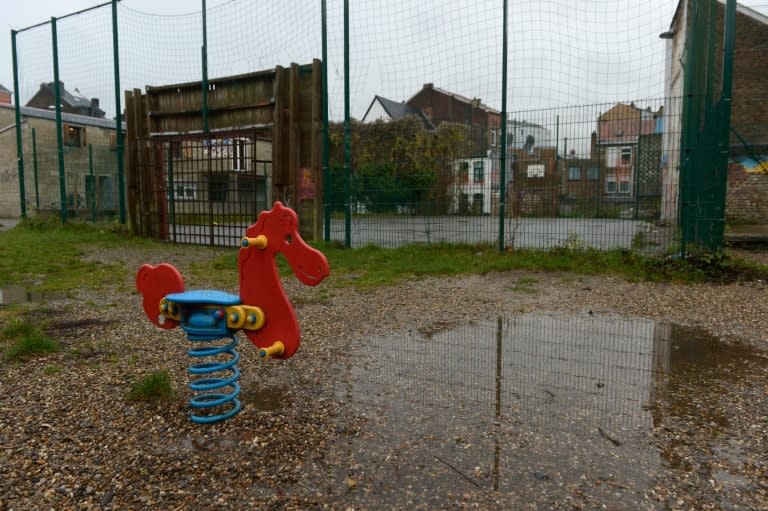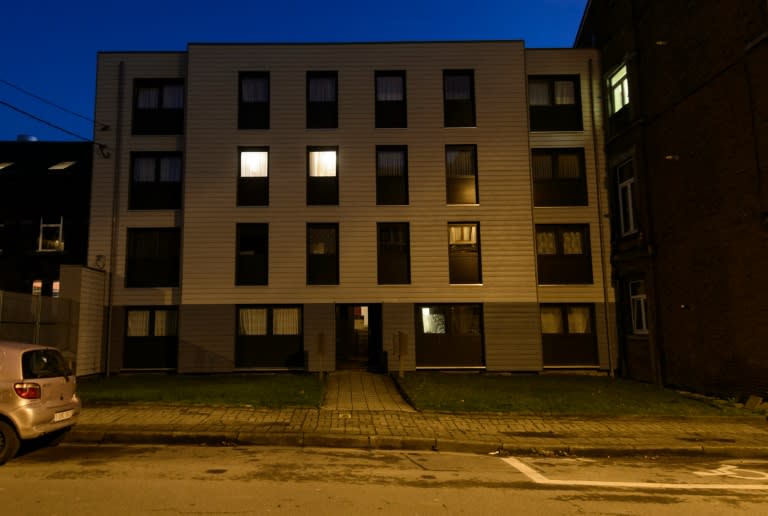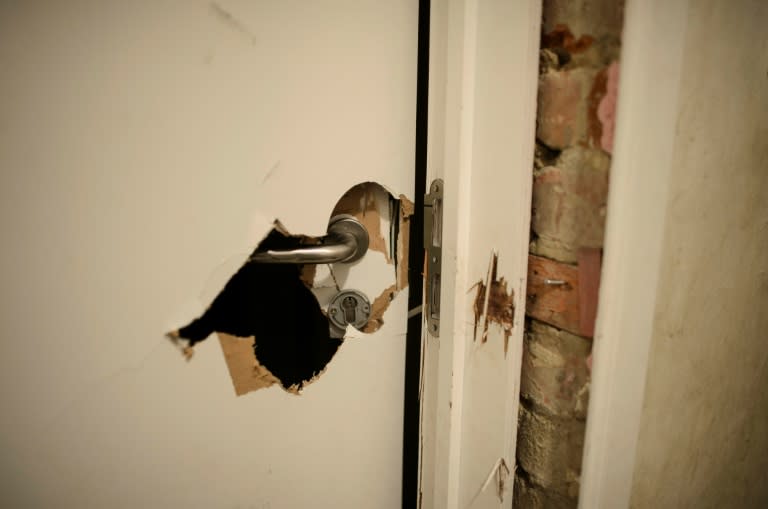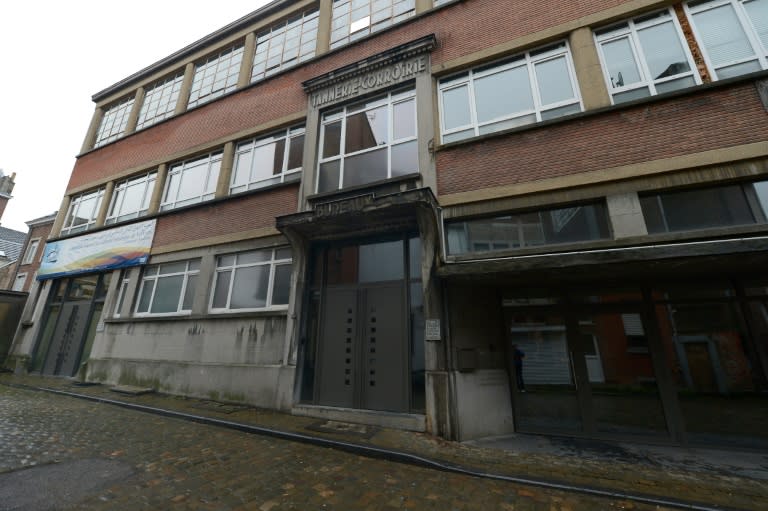Paris attacks put no-hope Belgian town in terror spotlight
The terror spotlight has returned to the Belgian rustbelt town of Verviers in the wake of the Paris attacks, frustrating locals who hoped to turn the page following a deadly jihadist shootout in January Two arrests and a series of house searches in recent days have brought the shadow of suspicion back to the run-down industrial town near the German border despite the insistence of community leaders that it is undeserved. "We are stuck with that image now," Franck Hensch, who heads the local Islamic education and cultural centre, told AFP. Two weeks after the Charlie Hebdo attacks in Paris, Belgian police descended on a tatty apartment in Verviers where they said three suspected jihadists were holed up, planning a series of attacks on police. Police killed two of the young men, captured the third and traced them back to Molenbeek, the run-down and largely Muslim immigrant area of Brussels where several of the Paris attackers lived. Moreover, the suspected ringleader of the November 13 Paris attacks Abdelhamid Abaaoud, a 28-year-old Belgian of Moroccan descent who fought alongside the Islamic State group (IS) in Syria and was killed in a raid in Paris, was also linked to the January Verviers raid. Police said he had contacted the men by phone to help plan their attacks. Belgium was placed on high alert after the Verviers plot was discovered. Shortly afterwards, IS released a video in which two Belgian jihadis from Verviers named as Redouane and Lofti threatened Belgium and France with dire consequences. "But (in January), the police did not find any one from Verviers!" insists Mohamed Bouassam, head of the Errahma mosque, the oldest in the city of some 56,000 people. "If it had not been for this police operation, nobody would ever have heard of Verviers," said Hensch. - Jihadis go to Syria - Muslim groups in Verviers say three or four young men may have gone to fight in Syria while officials speak of around ten. Some 34 people are kept under close watch, deputy mayor Malik Ben Achour told AFP. "That includes a hard core of about 10, who are the most radical and potentially dangerous," he said. Those going to Syria usually come from a small band of friends and have different profiles but almost all seem to have been radicalised by the Internet. "The first left and then others followed," said Hensch. "They were called the 'pin-ups' of jihad. They were heros for some." Redouane? "He was nice, he worked in the restaurant business," said Mourad, who knows him. Lofti? "He was a bit of a playboy. He started studying medicine but then he went into the army." The social and economic problems in Verviers are painfully obvious -- unemployment runs at more than 20 percent as the town's traditional woollen industry dies, with little to replace it. The newcomers have gravitated to the city centre while the older Belgian families have moved out to the suburbs, creating an "us-and-them" divide. "There is a fundamental problem of identity; these young people do not feel they are Belgian," said Hensch. After the January raid, the mayor set up a cell to help those at risk of radicalisation and to provide a contact point for concerned families but some believe it is not enough. "Vulnerable youngsters need to be comprehensively followed up, not just a bureaucratic contact point," said Alexy Mesrour who runs a local community centre.





